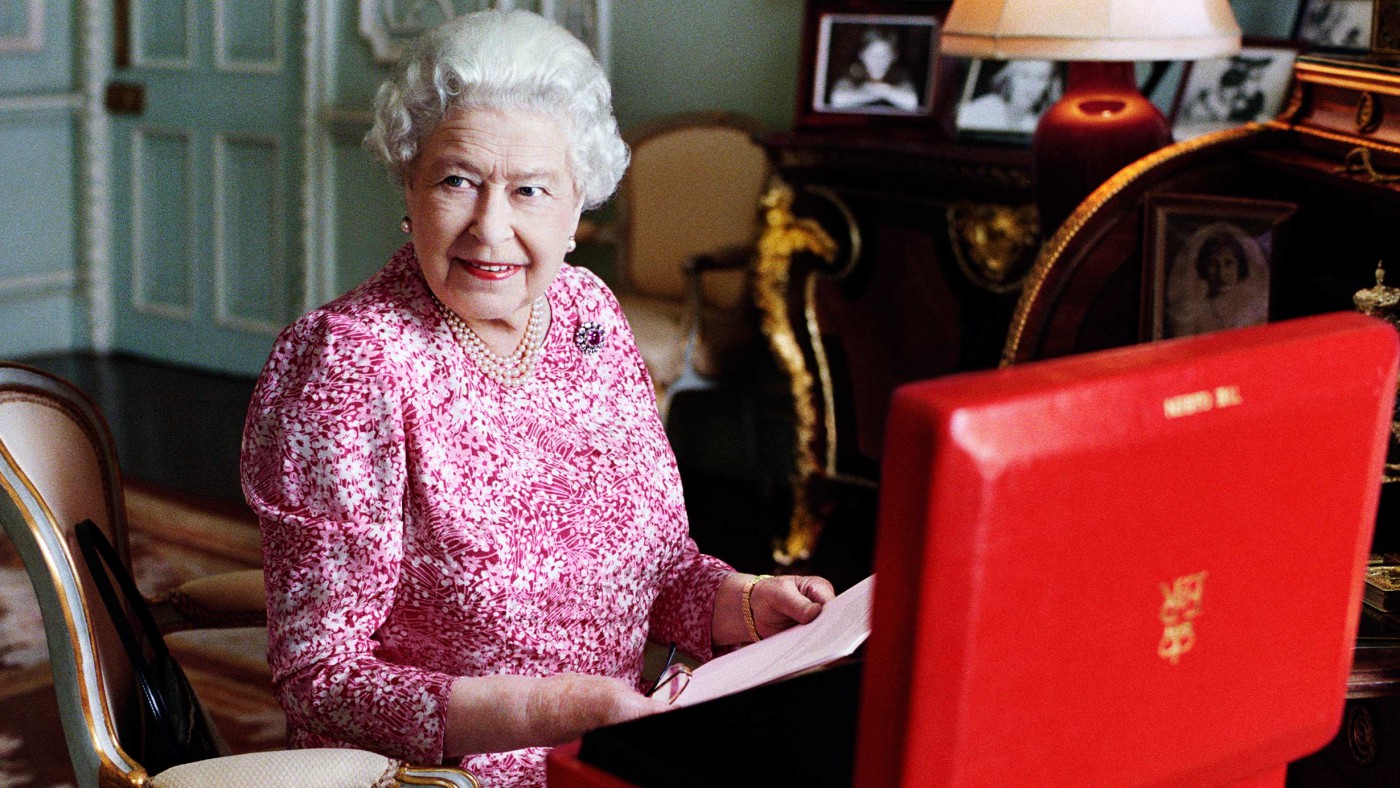Today is not a good day to be an anti-monarchist in Britain. The airwaves and the newspapers are full of tributes to Queen Elizabeth becoming the longest reigning monarch in British history. There are supplements packed with pictures and radio shows are putting on God Bless You Ma’am discussions that test the patience even of committed monarchists. Parliament, later, will no doubt be at its treacly absolute worst when paying tribute.
Meanwhile, on social media, republicans who want to scrap the Queen are performing their traditional, ceremonial role of grumbling about the monarchy and the fuss made over it. Their voice is never heard they say. I question that.
I am not going to write a long paean of praise to the Queen, praising her awe-inspiring life of service, her calmness, her good sense, her great style, and so on. I simply make three brief observations.
1) Given the social and economic transformation – much of it good, some of it for ill – that Britain has been through since the 1950s, the Queen’s achievement in holding it together and providing a point of constancy is remarkable. A weaker personality, or a spoilt playboy King, might have balked at the decline of deference and recoiled or lashed out when Britain suffered a post-war crisis of identity. Luckily, she was made of solid, steadier stuff. Duty is out of fashion in our consumerist cut throat culture, but the Queen has done her duty and as a result – infuriatingly for the republicans – the monarchy is popular in Britain. Its future is secure, thanks to Elizabeth II.
2) It is – as they say on social media – top trolling of the House of Windsor to arrange for the Queen to spend today on a public visit in Scotland. Of course, she is in Scotland at Balmoral for the entirety of August and September, as she is every year. But it is tremendously amusing that she will travel to the Borders to take a train ride with Scotland’s First Minister Nicola Sturgeon. Seeing their “here today, gone tomorrow” political heroine sitting there smiling alongside a giant of history and superstar monarch will drive a lot of Scottish Nationalists – who cannot stand the monarchy – completely bananas. What a bonus, on this marvellous day.
3) For all that the Queen has provided continuity, she has been extremely canny in the manner in which she has adapted to change. In the last quarter of a century, no British institution or profession has been untainted by scandal. Parliament, the press, the police, the BBC, the armed forces, the City, bankers and sporting stars have all been badly burned at various points, as that decline of deference turned into full-blown disaffection with the behaviour of elites. In the scandal stakes, the monarchy got there first in the 1990s, from the events surrounding the divorce of the Prince of Wales to the death of Princess Diana, when even some of the monarchy’s supporters accused the Queen of hard-heartedness and inflexibility. But in a tight spot, the monarchy executed a pivot rather brilliantly while looking slow-moving and reliant on others. The masters of spin and marketing descended to “rescue” the Queen following the death of Diana. Afterwards, the Blairites swaggered about. They had prevented a potential revolution when public feeling spilled over into outright mania. They had saved the stuffy old Queen (who during the madness was doing the best thing possible of caring for her bereaved grandsons in the tranquility of the Scottish Highlands). Under pressure, she was forced back to London by the mob and politicians responding to the mob. And the two boys, just young boys, were paraded in front of the mob outside Kensington Palace, where there was a mountain of flowers, so that the mob – which had so fetishised emoting on demand and “caring” that it could not see the cruelty in what it was demanding – could gawp. This was all done in the name of modernity, but 18 years later the Queen is still reigning, magnificently. Where are the bright, modern Blairites and their hero now? In the dustbin of history.


